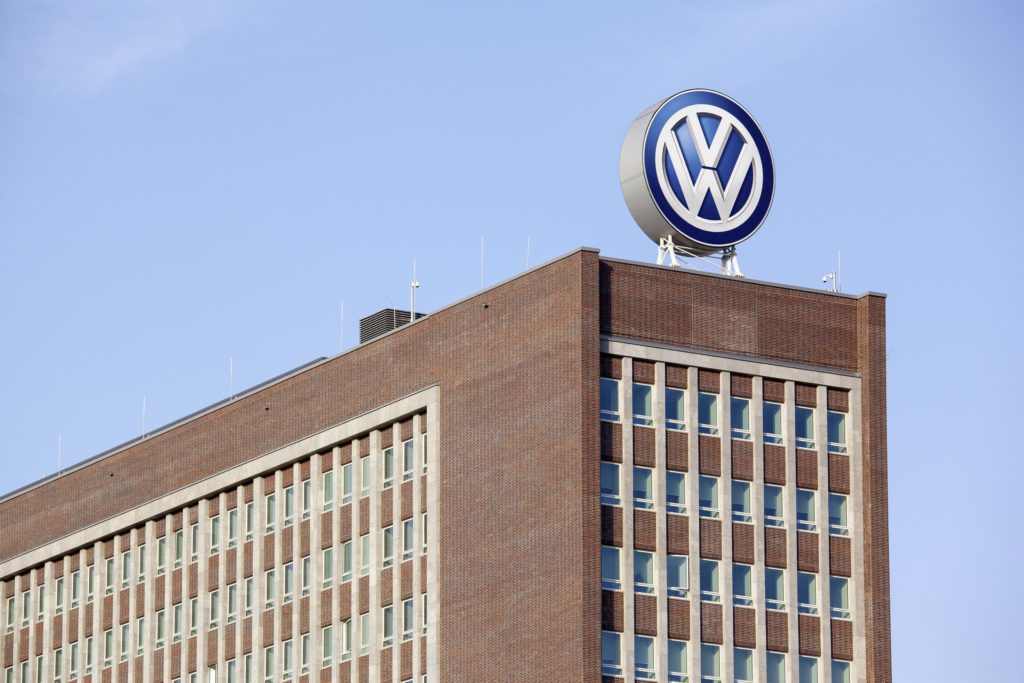Large investment in electric offensive for VW as it aims to move on from Dieselgate
12 September 2017

12 September 2017
Volkswagen (VW) is to launch a mass electric vehicle (EV) offensive, as it looks to put the Dieselgate scandal behind it and challenge for supremacy in the electrified market.
The German carmaker has announced that it will roll out 80 new electric cars across all its brands in the group by 2025, and have an electrified version of every model by 2030, as it plans to invest €20 billion in the technology. The German company had previously said it would spend more than €10 billion by 2025 on a move to electric vehicles.
The announcement came on the eve of the IAA motor show in Frankfurt, an event where, in 2015, news broke that the company had been found to be cheating emissions testing in the US. Prior to those events, VW had been slow on the uptake of EV technology. However, the scandal prompted a number of manufacturers to begin investing as the internal combustion engine, specifically diesel, lost respect in the eyes of the public.
′We have got the message and we will deliver. This is not some vague declaration of intent. It is a strong self-commitment which, from today, becomes the yardstick by which we measure our performance,’ said Matthias MÜller, chairman of the board of management of Volkswagen. ′The transformation in our industry is unstoppable. And we will lead that transformation,’ he added.
In what it is calling ′Roadmap E’, the Group will earmark over €20 billion for direct investments in the development and production of e-mobility: in new vehicles based on two entirely new electric platforms, in upgrading plants and in training for the workforce, in charging infrastructure, in trading and sales and in battery technology and production.
In order to meet the projected over 150 gigawatt hours of li-ion battery capacity annually for its own fleet alone, the manufacturer has begun a tender process for long-term strategic partnerships for China, Europe and North America. The procurement project is one of the largest in the history of the automotive industry, with a total order volume of over €50 billion just for the Group’s future volume vehicles. This would bring the German manufacturer’s total investment in EV technology to €70 billion.
VW hopes to compete with leading EV manufacturer Tesla as well as market leaders such as Nissan, whose Leaf is the biggest selling electric model. At the IAA, the company has presented its I.D. Crozz sedan model as well as the I.D. Buzz electric minivan, two examples of the company’s future line-up. The electric car marketplace is expected to grow rapidly in coming years, with companies such as BMW, Daimler, Ford and Toyota all investing in the technology to supplement their internal combustion engine portfolio.
The large investment does not need any assets to be sold, according to Muller, meaning the company may hold on to its Ducati motorcycle brand, at least for a little longer, despite reports it was looking to sell to fund research and development programs.
Speaking to Reuters, the VW chairman stated: ′Although we have suffered financially in the past two years because of the diesel issue, [with US compensation totalling around €21 billion] we are positioned well enough in financial terms to be able to shoulder these investments without problems.’
VW’s electric car program will centre on the new MEB modular platform, which will underpin all mass-market electric vehicles from across the group. A Golf-style compact model with about 375 miles of driving range is due to be built in 2020.
Photograph courtesy of Volkswagen